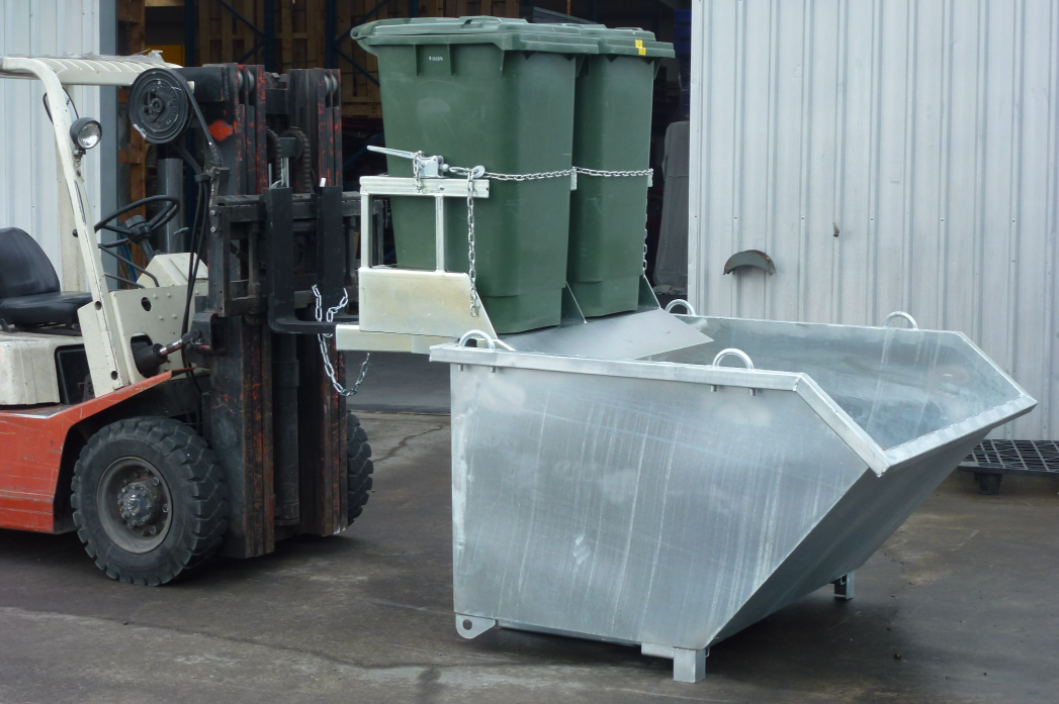A workplace injury can affect your health, income, and future. If you are injured at work in Queensland, you are protected by law. You may be eligible for compensation, medical support, and other benefits. It is important to act quickly and understand each step.
This article explains your rights in plain English. It also outlines what actions you need to take. You will learn what to expect during the WorkCover claim process QLD and what support is available for recovery.

Report the Injury to Your Employer
You must report your injury as soon as possible. Tell your supervisor or manager directly. This step is required by Queensland law. If you delay, your claim may be affected.
If you need medical attention, go to a doctor first. Then report the incident at work. Your employer may ask you to complete an internal report form. Keep a copy of any documents you submit.
Visit a Doctor for a Work Capacity Certificate
You must see a doctor and request a Work Capacity Certificate. This is a special medical form used for workplace injury claims. It confirms what type of injury you have and explains how it affects your ability to work.
This certificate is required when you lodge a claim with WorkCover Queensland. It must be accurate and complete. Without it, your claim will not proceed.
Lodge a Claim with WorkCover Queensland
You can lodge a claim online, by phone, or by mail. You must submit your Work Capacity Certificate along with your claim. Queensland law gives you six months from the date of your injury to lodge the claim.
The WorkCover claim process QLD involves reviewing the information from your doctor, your account of what happened, and input from your employer. WorkCover will decide whether to approve your claim based on this evidence.
Understand What You Can Receive
If your claim is approved, you may receive payments for medical expenses. You may also receive income support if you cannot work. This includes payments for hospital visits, rehabilitation, and medication.
If you are off work for a long time, WorkCover may continue to pay a portion of your usual wage. In cases where the injury causes permanent damage, a one-time lump sum payment may be offered.
Know Your Rights While Recovering
You have the right to get medical treatment from your own doctor. You also have the right to return to work in a safe way. Your employer must help you resume work, even if your duties or hours need to change.
You cannot be dismissed because you made a claim. You also have the right to receive updates on your claim and access support services to help you return to work.
What to Do if Your Claim Is Denied
If WorkCover rejects your claim, you can request a review. This is done through the Workers’ Compensation Regulator. You must act quickly. In most cases, you have 20 business days to lodge an objection.
You will need to explain why you believe the decision was wrong. You can submit extra evidence such as new medical reports or witness statements. If the review also fails, you may be able to take your case to the Queensland Industrial Relations Commission.
Serious or Permanent Injuries
If your injury is permanent or life-changing, you may receive a lump sum payment. This is separate from your usual weekly payments. You may also be able to make a common law claim.
A common law claim allows you to seek additional compensation. You must prove that your employer failed to provide a safe work environment. This process is more detailed and may take time.
Legal Support and Advice
You do not need a lawyer to make a basic WorkCover claim. But if your claim is rejected, or if you plan to make a common law claim, legal advice can help. Many lawyers offer free initial consultations and may work on a no-win, no-fee basis.
Final Thoughts
After a workplace injury in Queensland, you have clear rights. Start by reporting the injury and visiting a doctor. Submit your Work Capacity Certificate and lodge a claim with WorkCover within six months. Understanding the WorkCover claim process QLD can help you navigate each step confidently.
If your claim is approved, you may receive compensation for medical costs and lost income. If your condition is serious, explore your options for further compensation. If your claim is denied, request a review. Always keep records of medical visits, forms, and any communication with WorkCover or your employer.
Understanding your rights gives you more control during recovery. It also ensures you receive the support you need to return to work safely and fairly.…











